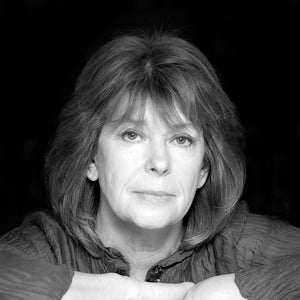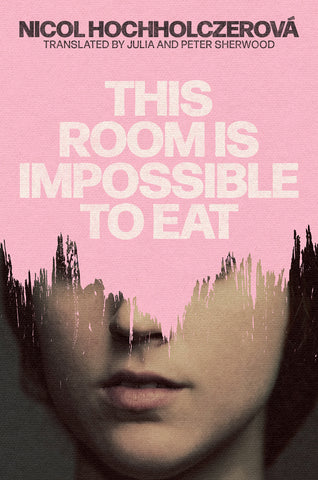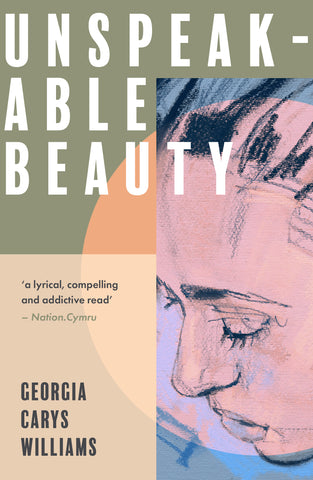I read the rain.
All of its stories
are round.
Drip, drop, drip…
- Eeva Park, from The Rules of Bird Hunting
Eeva Park is one of the authors featured in the new Parthian Baltic Series. Whilst she began her writing career as a poet, she is also well-known for her short stories, novels, and plays. The Rules of Bird Hunting is a lively, strongly autobiographical collection of poems, exploring changing values over the course of a lifetime, and features the author’s best work from the last three decades. Eeva Park tells us more about her writing, her influences and gives us some insight into the process of both translating and being translated.
You are often described as having been ‘born into a writer’s family’. Did this influence your decision to be a writer or did you have other aspirations growing up?
It’s true, the family background really influenced my decisions, I avoided becoming a writer for as long as I could, doing other jobs and seeing a completely different life.
Are there still common themes and links now between your earlier and more recent works?You have been publishing poetry and prose since 1983, how has your writing evolved in that time?
The publication of my first collection of poetry took place with some difficulties because it did not correspond to the official Soviet worldview. I have not changed my themes but tried to dig deeper into them. My first novel was about history, a Tsarist Estonia, and based on my grandfather's memories. The history was then a security zone used by many writers.
Is there a difference between the themes and subjects of your poetry and prose? How do you decide which to write and when?
The poem emerges spontaneously, the realization of prose ideas is a real hard work. I love the short stories, the match of poetry and prose in their precision.
Who/what are your influences on your writing? Who are you reading at the moment?
Because my mother translated English literature (Byron, Shelley, Stevenson, etc.) the literature was present and important from the beginning. To be more precise, I loved a little more Tšehhov than Dostojevsky, Salinger was an earthquake, Bellow, Marques, Bulgakov...My slightly more original love is Heindrich Heine, his rhythm and irony and F.G. Lorca was definitely important.
I’m inspired by everyday life in all its forms.
My last reading is Zola, his ‘Comment on meurt’, because it was just translated into Estonian.
As a literary translator yourself, what do you feel is most important when translating poetry, and what are the main challenges you find?
When translating, I have discovered that the language from which you are translating, is not a problem. To translate, you need at first understand your own language very well and most of all - translation needs maturing time. The opportunity to see the text with a new look.
Your work has been described as socially aware and, at times, ‘dark’. Is there a message in your poetry that you want to reach a wider audience?
Of course, I hope this. Wordsworth has said that poetry touches us only because we all have the same heart. I think this is a good point.
Did you work with the translator of your poetry or were you happy to leave the translation in his hands?
It is always a good sign for the author to work together with the translator. If the translator does not have a question, I'm worried.
What do you think an English-speaking audience will gain from being able to access Baltic literature in translation?
I think it gives a taste of something different and at the same time recognizably universal.

The Rules of Bird Hunting by Eeva Park is part of the Parthian Baltic Series and is available for pre-order now.



